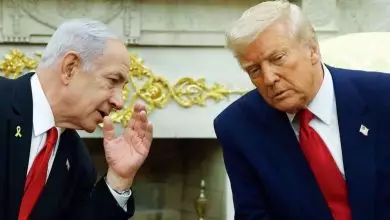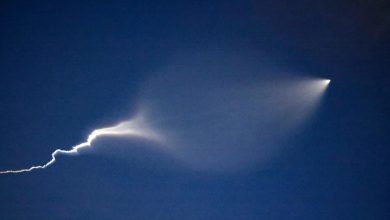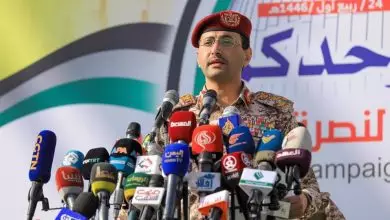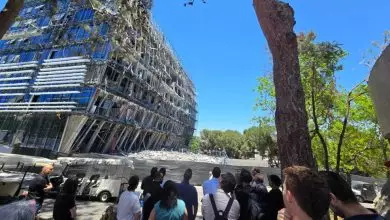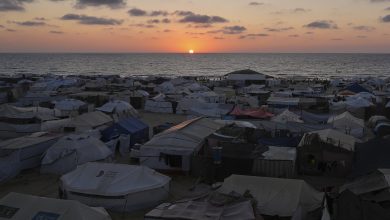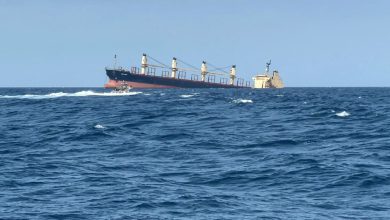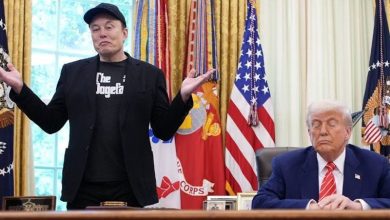Iranian FM Condemns US, ‘israeli’ Actions as Severe UN Charter Breach, Diplomatic Setback
Iranian Foreign Minister Abbas Araghchi has condemned what he describes as "unlawful" acts of aggression by both the Israeli regime and the United States against the Islamic Republic. He stated that these actions represent a significant breach of the United Nations Charter and are detrimental to diplomatic efforts.
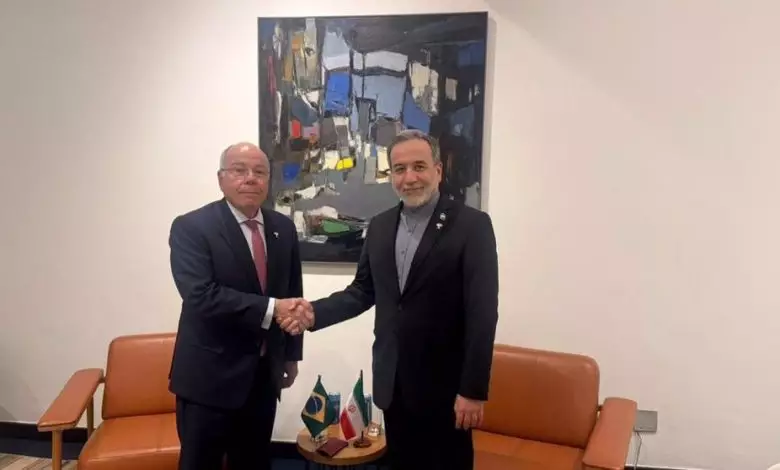
Araghchi conveyed his comments during a meeting with Brazilian Foreign Minister Mauro Vieira, held alongside the 17th BRICS summit of emerging economies in Rio de Janeiro, Brazil, on Sunday.
The US-Israeli strikes have been characterized as an “unprecedented assault on the nuclear non-proliferation regime and the foundation of diplomacy,” raising concerns about significant repercussions for regional peace and security.
Iran’s chief diplomat praised Brazil for its “steady and principled” position in denouncing the military aggression.
Araghchi highlighted that the unchecked impunity afforded to Israel, coupled with unwavering support from the US and certain European nations, serves as the fundamental driver behind the persistence and expansion of its aggressive policies.
He stated that all governments have a legal and moral obligation to halt Israeli actions against the Palestinians and its aggression towards regional countries.
On June 13, Israel carried out a significant and unprovoked attack against Iran, resulting in the assassination of several high-ranking military officials and nuclear scientists, alongside civilian casualties.
On June 22, the United States officially entered into an aggressive stance alongside Israel against Iran, executing strikes on three nuclear facilities within the nation. This action has been deemed a violation of both the United Nations Charter and the Non-Proliferation Treaty.
On June 24, the Israeli government declared a unilateral ceasefire in its operations, with the announcement being made on its behalf by Trump.
Brazil’s Foreign Minister has firmly denounced the military actions targeting Iran’s territorial integrity and national sovereignty, with specific concern over its peaceful nuclear facilities.
Vieira emphasized the crucial role of the UN Security Council in maintaining global peace and security.
Iran remains determined to hold aggressors responsible, according to Deputy Foreign Minister Araghchi.
In a recent meeting with Russian Foreign Minister Sergei Lavrov, Araghchi reaffirmed Iran’s unwavering commitment to robustly defend the nation and ensure that those responsible for any aggression are held accountable.
The Iranian Foreign Minister stated that actions by the United States and Israel constituted a significant setback to the objectives of the United Nations Charter, diplomacy, and the Non-Proliferation Treaty (NPT).
Lavrov emphasized the importance of implementing strategies to avert escalating tensions and instability in the region. He conveyed his country’s willingness to offer assistance to support these efforts.
In a joint statement, the foreign ministers of Iran and Turkey have called for an immediate cessation of what they described as genocide in Palestine. The two officials emphasized the urgent need for international intervention to halt the ongoing violence and protect the rights of the Palestinian people.
During a meeting on Sunday, the Iranian Foreign Minister and his Turkish counterpart, Hakan Fidan, emphasized the critical need for swift measures to stop the genocide in occupied Palestine. They also called for the Israeli regime to be held accountable and penalized for its alleged heinous crimes.
Araghchi and Fidan engaged in talks regarding the recent developments in West Asia in the aftermath of the Israeli-US actions directed towards the Islamic Republic.
The Iranian Foreign Minister held discussions with Indian Foreign Minister Subrahmanyam Jaishankar on the sidelines of the BRICS summit.
The BRICS coalition, consisting of rapidly advancing economies, advocates for a multipolar world order and is frequently regarded as a counterbalance to Western economic and political dominance. The group accounts for nearly 46% of the global population, contributes 36% to the world’s GDP, and represents 25% of global trade when measured by exports.

